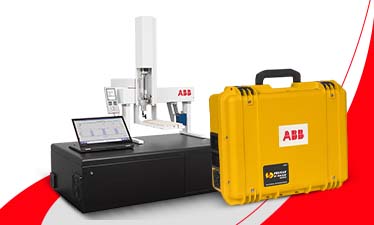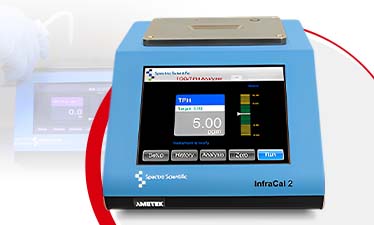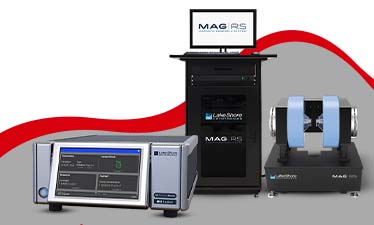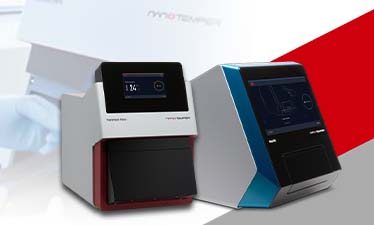Understanding the Principles and Applications of Differential Scanning Calorimetry
Differential Scanning Calorimetry (DSC) is a powerful and most employed thermal analysis technique. It is widely used in materials science, chemistry, pharmaceuticals, and various other scientific and industrial fields.
At BCL, we distribute the versatile range of DSC instruments from NETZSCH that work according to the heat flow principle and are characterised by a three-dimensional symmetrical construction with homogeneous heating.
But before you invest in our solution, we want to aim to provide a comprehensive understanding of the principles behind DSC and explore its diverse applications. Read this blog to know the details.
Principles of Differential Scanning Calorimetry
Differential Scanning Calorimetry measures the heat flow into or out of a sample as a function of temperature or time. The basic setup consists of a sample cell and a reference cell, both housed in a temperature-controlled environment.
As the temperature is varied, the heat absorbed or released by the sample is compared to that of the reference. This allows for the detection of phase transitions, chemical reactions, and other thermal events.
Applications of Differential Scanning Calorimetry
DSC finds numerous applications in various scientific and industrial fields. In materials science, it is widely used to study phase transitions, such as melting, crystallisation, glass transitions, and polymorphic transformations. DSC can provide valuable information about the thermal stability, purity, and composition of materials.
Differential Scanning Calorimetry is also a valuable tool in pharmaceutical research and development. It helps characterise drug formulations, analyse drug-polymer interactions, and determine the stability of pharmaceutical products. Additionally, DSC plays a crucial role in quality control, ensuring the consistency and reliability of drug manufacturing processes.
In the field of polymers and plastics, DSC allows for the investigation of thermal properties, including glass transition temperature, curing kinetics, and thermal stability. This information aids in the development of new materials, optimization of processing conditions, and assessment of product performance.
DSC can be applied to analyse food products as well. It can determine parameters like the enthalpy of freezing or crystallisation, as well as detect adulteration or changes in food composition due to storage conditions or processing methods.
Conclusion
Differential Scanning Calorimetry is a versatile and powerful technique used for thermal analysis in a wide range of fields. Its ability to measure heat flow and detect thermal events makes it invaluable for understanding material behaviour, identifying phase transitions, and assessing thermal stability.
Whether in materials science, pharmaceuticals, polymers, or food analysis, DSC provides valuable insights into the thermal properties and behaviour of substances. As technology advances, DSC continues to evolve, with improvements in sensitivity, automation, and data analysis capabilities.
Researchers and scientists will undoubtedly continue to explore new applications and push the boundaries of this technique. All in all, understanding the principles and applications of Differential Scanning Calorimetry is crucial for researchers and professionals in various fields.
By harnessing the power of DSC, we gain deeper insights into the thermal behaviour of materials, leading to advancements in industries worldwide. If you are looking to get your hands on high-quality DSC instruments then get in touch with us at BCL.








